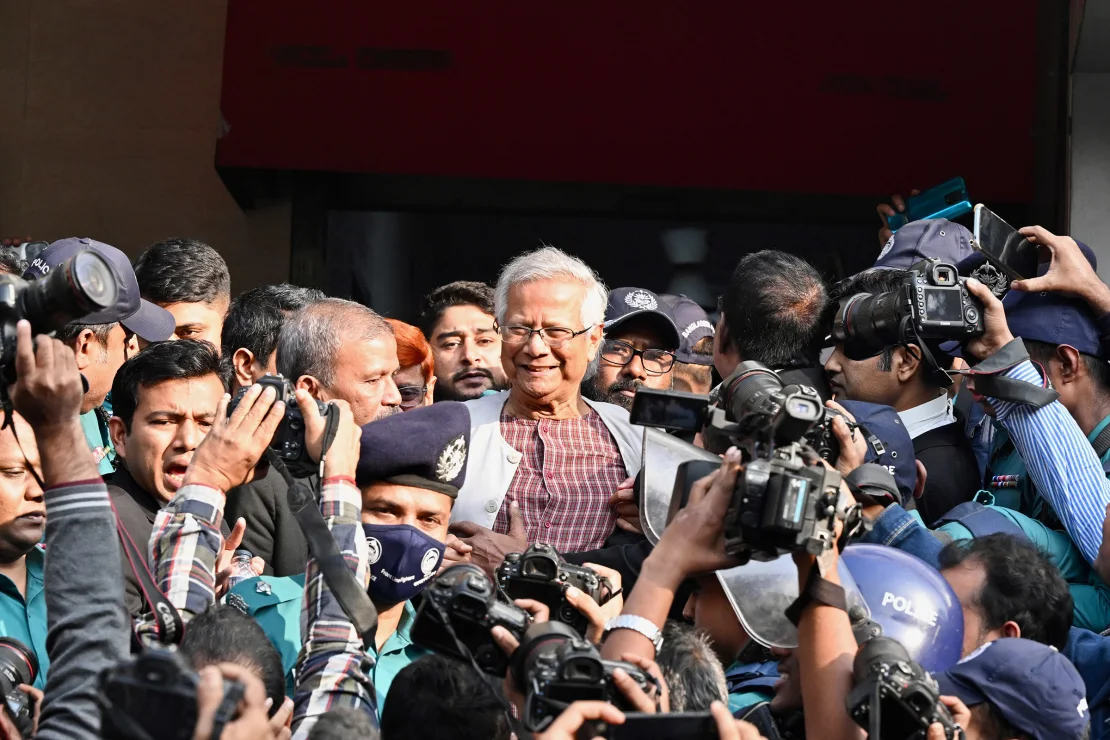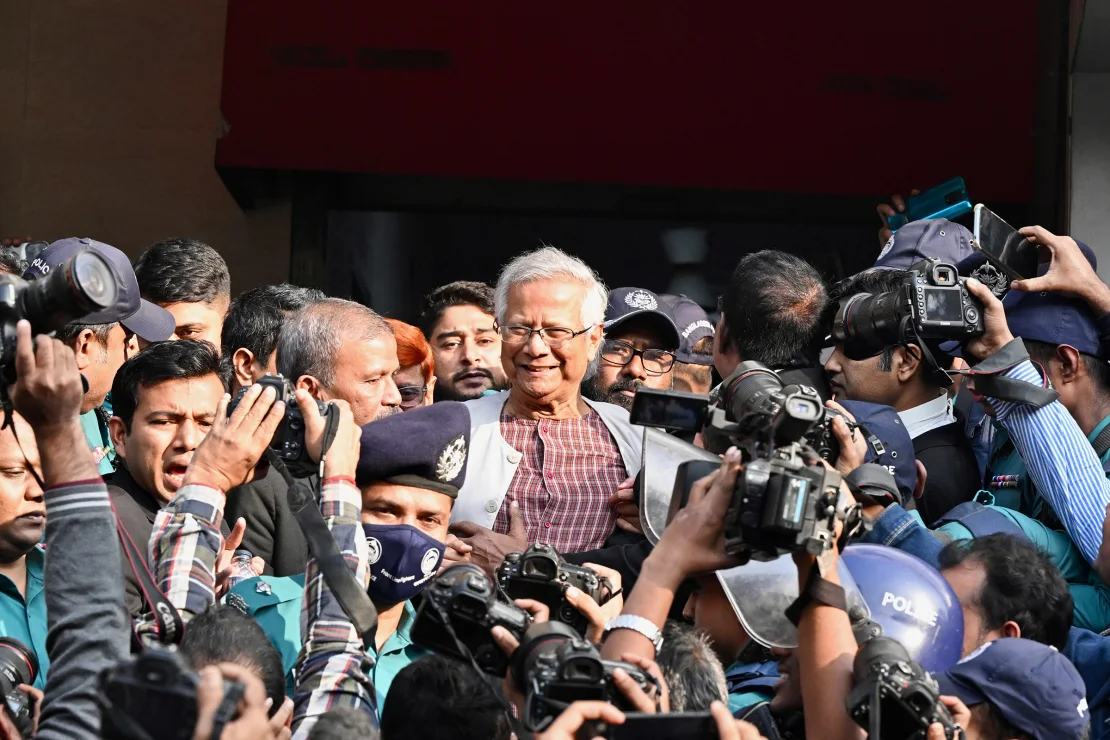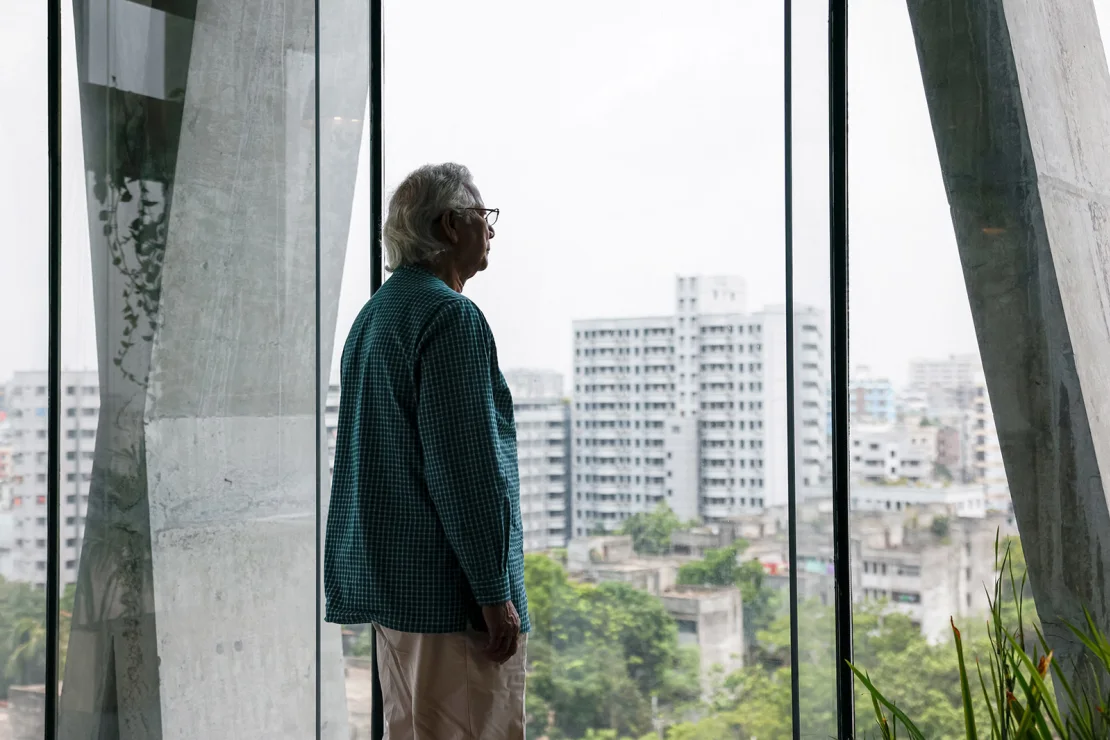
Who is Muhammad Yunus, the Nobel Laureate Leading Bangladesh’s Interim Government?

Muhammad Yunus, a Nobel laureate known as the “banker to the poor,” has been called upon to stabilize Bangladesh amidst political turmoil. Following weeks of deadly anti-government protests, Yunus answered the call of student protesters to lead the country temporarily. At 84 years old, he will head an interim government after the resignation of the former prime minister and the dissolution of parliament.
Early Life and Education
Born in 1940 in Chittagong, Bangladesh, Muhammad Yunus pursued higher education at Dhaka University. He later received a Fulbright scholarship to attend Vanderbilt University in the United States, where he earned a Ph.D. in economics. In 1972, he returned to Bangladesh to teach at Chittagong University.
Pioneering Microfinance
The severe famine in 1974, which claimed around 1.5 million lives, deeply affected Yunus. He realized the inadequacy of traditional economic theories in addressing real-world poverty and hunger. To make a direct impact, Yunus started providing small loans to the impoverished people in his community. This initiative led to the founding of Grameen Bank in 1983, a pioneering institution in microfinance that has since been replicated worldwide. In 2006, Yunus and Grameen Bank were awarded the Nobel Peace Prize for their efforts in alleviating poverty, particularly benefiting Bangladeshi women.
Controversies and Criticisms
Despite his accolades, Yunus has faced significant challenges and criticisms. His relationship with the former prime minister, Sheikh Hasina, was contentious. Hasina accused him of exploiting the poor, a claim Yunus denied, asserting that Grameen Bank’s mission was to empower the underprivileged. In 2011, the government-controlled central bank removed him as managing director of Grameen Bank, citing age-related regulations. Subsequently, Yunus faced several legal battles, including defamation and tax irregularities, which he and his supporters believe were politically motivated.
Stepping into Interim Leadership
In response to widespread protests against Hasina’s government, which saw around 300 deaths, Yunus has returned from France to lead an interim government. The student group, Students Against Discrimination, expressed their delight at his acceptance of this role. His immediate challenge is to restore law and order and address the deep mistrust between the public and state institutions.

Future Challenges
As interim leader, Yunus’s key tasks include organizing free and fair elections, addressing human rights violations, and investigating the violent crackdown on protesters. His background in economics will be crucial in reforming Bangladesh’s economy and combating corruption. However, he may face resistance from those loyal to the former regime, including elements within the judiciary and law enforcement.
Conclusion
Muhammad Yunus’s appointment as interim leader comes at a critical juncture for Bangladesh. His experience in social entrepreneurship and his commitment to alleviating poverty provide a hopeful outlook for the nation’s future. Yet, the road ahead is fraught with challenges, requiring delicate navigation to ensure stability and justice for the people of Bangladesh.



